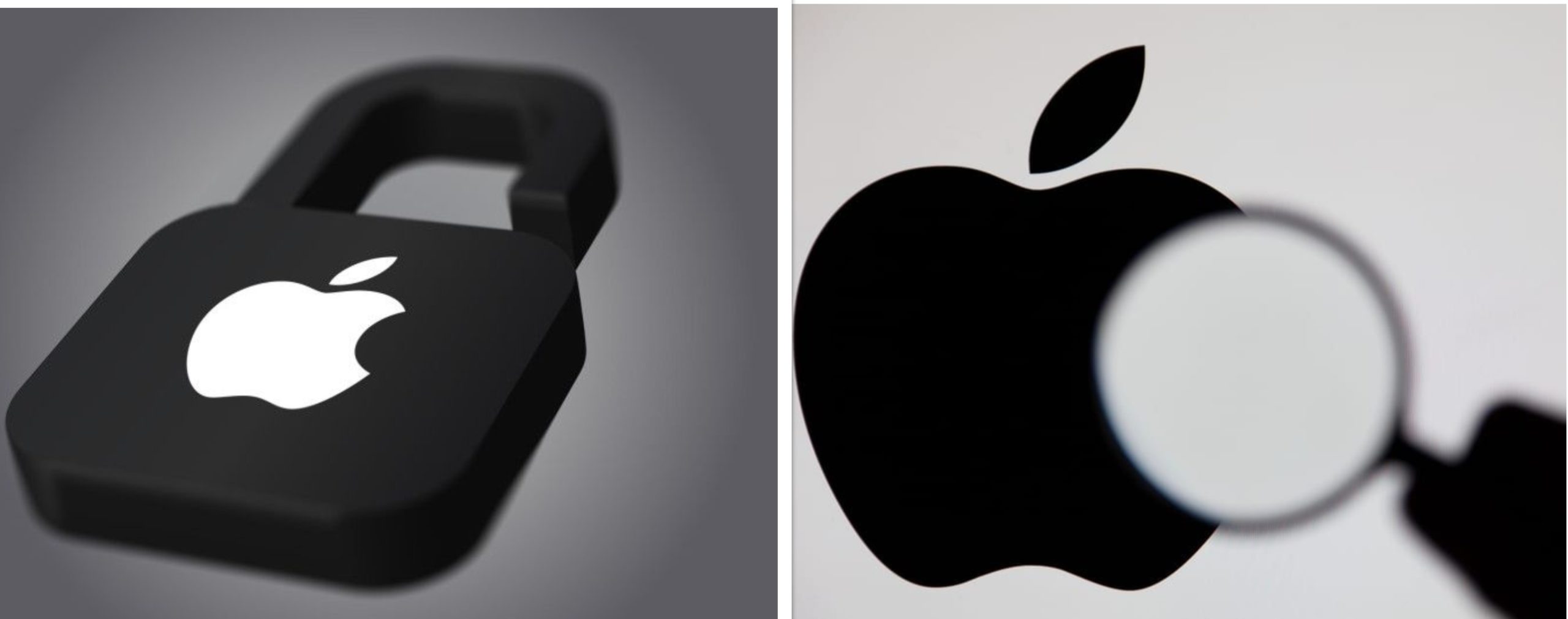Apple, one of the best brands of the smartphone has been releasing its different updated models. The recent models are iPhone 11/11 pro/ 11 pro max which was released on September 20, 2019.
As reported by Forbes, Apple has recently confirmed it’s a longest-running vulnerability in the history of iOS. It has affected millions of iPhone users all across the world.
The flaw in the Apple software was detected by ZecOps. As of now, Apple has not commented on ZecOps’ additional discoveries of the flaw.
Apple will have it fix or not?
In the month of April, Apple admitted that each and every iPhone released in the last eight years are vulnerable to the remote attacks. iOS Mail App is the loophole via which remote attacks can take place.
In the meantime, the company balances its statement by mentioning that it hadn’t seen any evidence yet of exploit. Apple has declared that it will soon deliver a fix in iOS 13.5.
Sadly, there are no commitments to provide patches for previous versions of iOS.

As stated by the President of BSI, Arne Schönbohm-
“The BSI assesses these vulnerabilities as particularly critical. It enables the attackers to manipulate large parts of the mail communication on the affected devices. Futhermore, there is currently no patch available. This means that thousands of iPhones and iPads are at acute risk from private individuals, companies and government agencies. We are in contact with Apple and have asked the company to find a solution for the security of their products as soon as possible.”
As per the security is concerned- ZecOps’ has advised that the threat can be stopped by disabling the iOS Mail App. He further recommended that Outlook and Gmail application can be used until further updates are provided.
The CEO Zuk Avrahamt of ZecOps reported –
“We continued our research of the MailDemon vulnerability. We were able to prove that this vulnerability can be used for Remote Code Execution. Unfortunately, a patch is still not available.”
Now, a big question for the company arises that whether to work on the upcoming iPhone 12 production or to fix the vulnerability threats regarding the previously released iOS.









